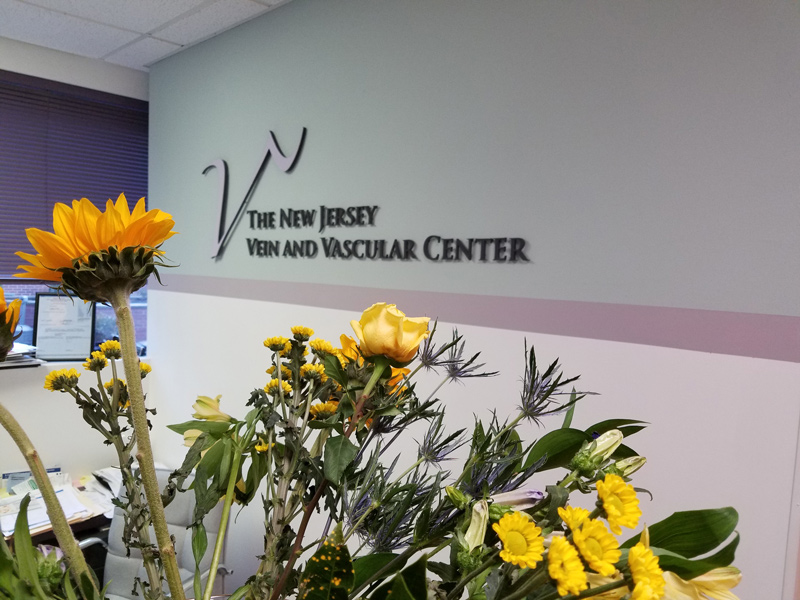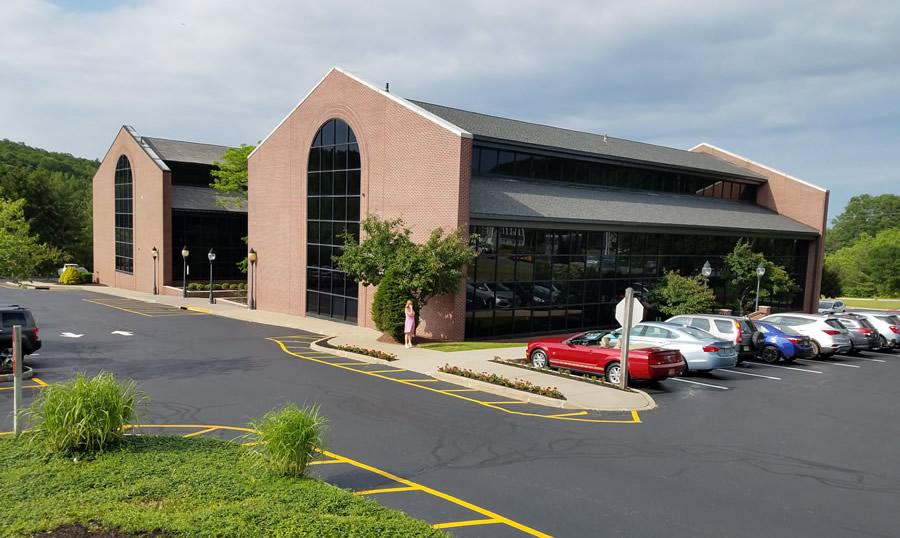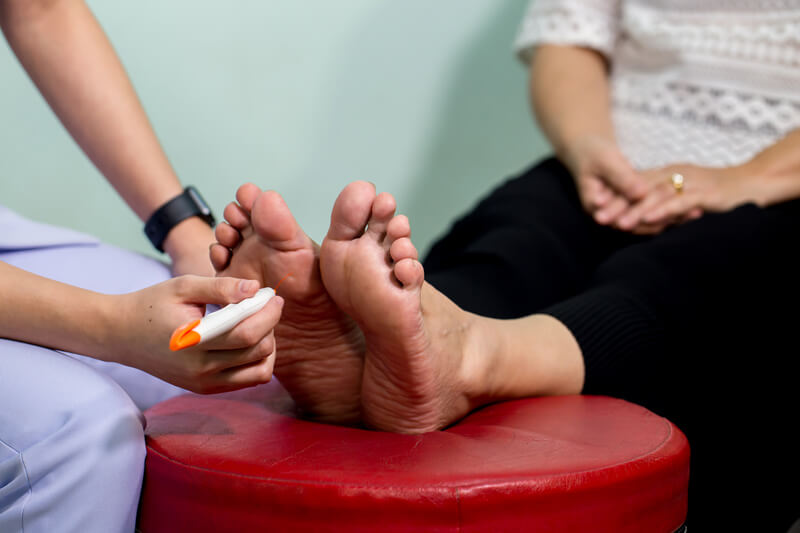
Diabetes and Veins: How Your Veins are Affected by Diabetes
Diabetes affects over 30 million Americans, according to the most recent data provided by the CDC. People most often attribute diabetes to blood-glucose levels, insulin, and even diabetic shock. But diabetes negatively affects the body in other ways. One area that often gets overlooked is the venous system and how your veins are affected by diabetes.
How does diabetes affect vein health?
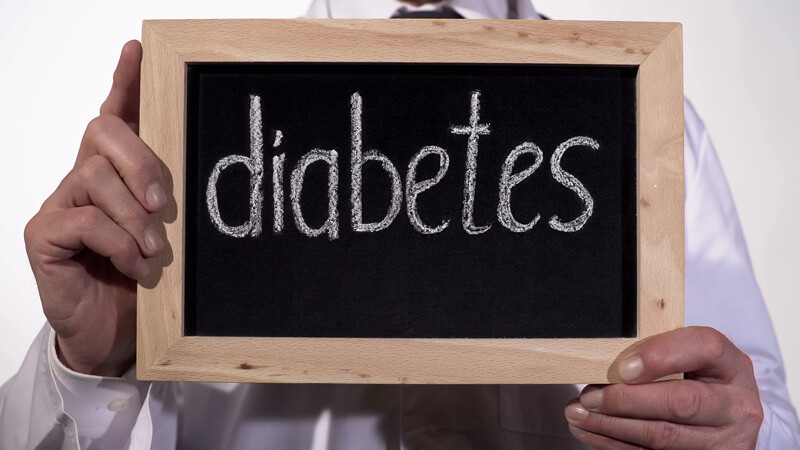
Over time, high blood glucose levels can weaken or damage blood vessels. These weakened blood vessels make your veins more susceptible to infection.
A diabetic’s veins and blood vessels are prone to inflammation and weakness. Often, this creates the possibility of circulatory issues in addition to infection.
Vascular disease is also a possibility for diabetics if there is too much glucose in the blood.
Advanced diabetes may even result in nerve and tissue damage. This primarily happens in the legs where varicose veins are more common. Varicose veins are unsightly and cause pain, weakness, and overall discomfort. Weight gain as a result of diabetes can encourage varicose vein growth.
Often a sign of inflammation, varicose veins can also put extra pressure on the body’s immune and circulatory systems.
How is diabetes linked to vascular disease?

It is imperative that you maintain a healthy lifestyle when living with diabetes. Managing your dietary intake and exercising on a regular basis is important.
Without an emphasis on health, vascular diseases are bound to occur. Even when a diabetic keeps their glucose levels under control, they are still at risk for vascular diseases.
This is because diabetes affects:
- Blood pressure
- Cholesterol
- Weight
- Mobility
These effects can lead to vascular diseases such as:
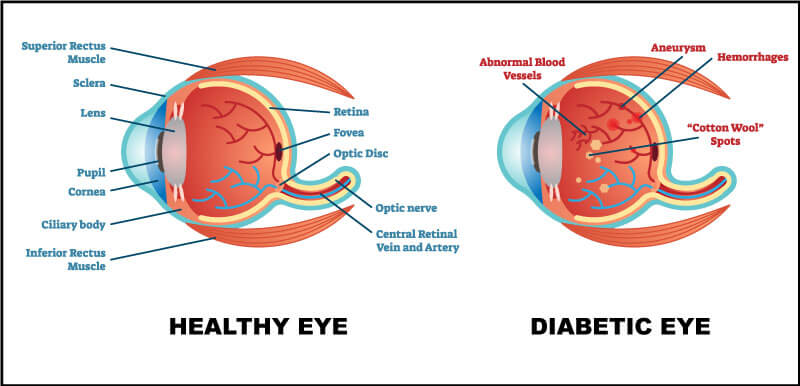
Retinopathy – abnormal growth of blood vessels in your retina
Nephropathy – a disease that damages the tiny filtering units of the kidney
Neuropathy – a condition causing a loss of sensation in the feet and toes
Atherosclerosis – caused by high blood pressure, this is when plaque builds up on the walls of arteries
Stroke – a blockage in arteries that causes and a loss of blood to the brain
Peripheral Artery Disease (PAD) – the narrowing of arteries
Importance of diabetic care and being proactive.

Diabetes is unlike any other disease. It can be very overwhelming and time-consuming when considering treatment and care. Taking medication is not enough.
A diabetic needs to fully change their lifestyle in order to keep the disease at a minimum. It’s easy for diabetes to get out of control if certain conditions are not properly met.
Always take your medication on time, as prescribed.
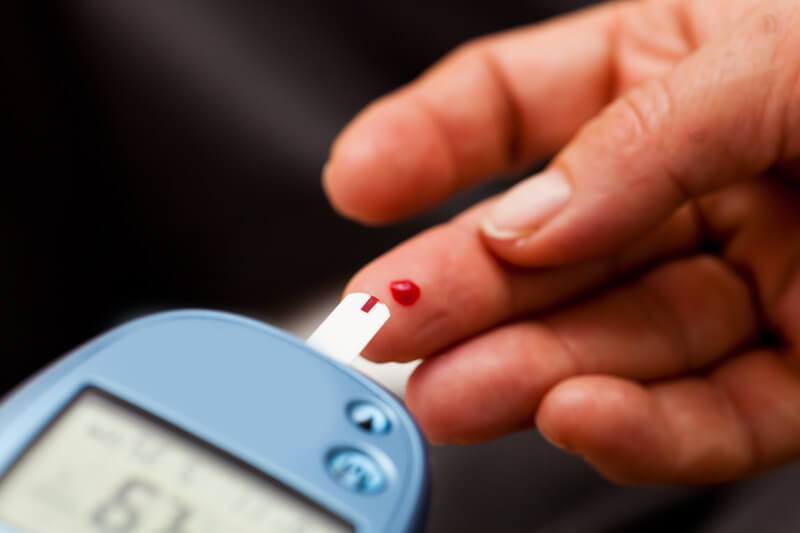
Always take your medication on time, as prescribed.
Follow proper nutrition as directed by your health-care provider.
Check your blood glucose (sugar) levels regularly.
Get adequate amounts of exercise and physical activity (as recommended by your provider)
Find ways to eliminate stress
Finding the right vein and vascular specialist
When deciding on a specialist, it is imperative that you go with a provider who has knowledge and experience in a dedicated field. Your veins and vascular system play a vital role in your body. Thus, it is important they are handled appropriately.
The New Jersey Vein and Vascular Center is New Jersey’s leading vein center with the highest standard for patient care. Contact Us today to see how you can benefit from our services.
